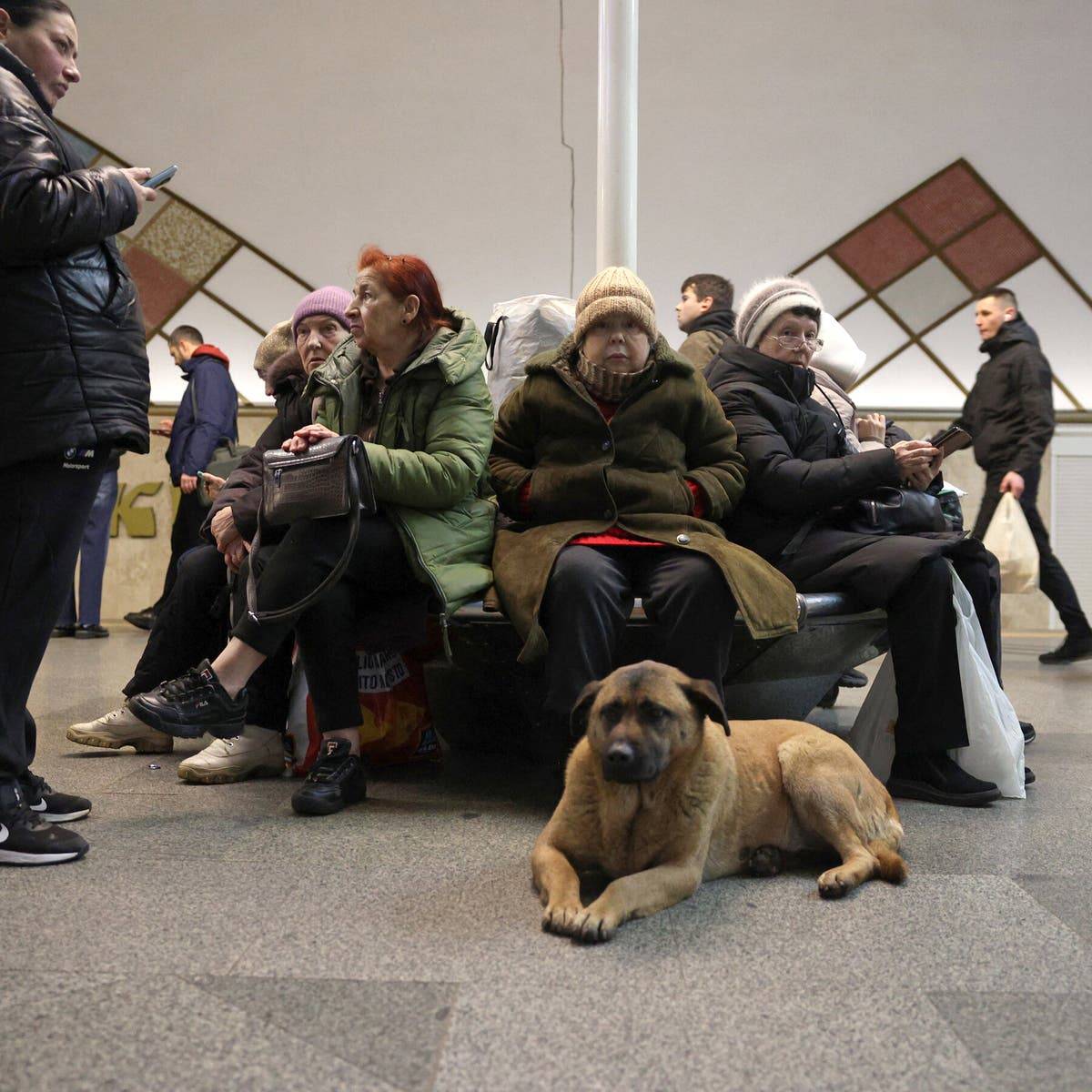Ukraine Blocks Russian Natural Gas Exports to Europe, Sparking Energy Crisis Fears
In a move that has sent shockwaves through European energy markets, Ukraine has blocked the flow of natural gas from Russia to Europe, citing disputes over pricing and transit fees. The sudden halt in gas exports has sparked fears of an energy crisis in Europe, where millions of households and businesses rely on Russian gas for heating and power generation.
The dispute between Ukraine and Russia over natural gas exports has been simmering for years, with Ukraine seeking higher transit fees and Russia pushing for lower prices. However, tensions escalated in recent weeks, with Ukraine's state-owned gas company, Naftogaz, announcing that it would no longer allow Russian gas to flow through its pipelines to Europe.
Russia's state-owned gas company, Gazprom, has accused Ukraine of "unilaterally" blocking the flow of gas and has threatened to take legal action. Gazprom has also warned that the blockade could lead to a shortage of gas supplies in Europe, particularly during the peak winter demand period.
"Ukraine's actions are unacceptable and may lead to serious consequences, including a shortage of gas supplies in Europe," Gazprom said in a statement.
The European Union has expressed concern over the blockade, with EU officials warning that it could lead to an energy crisis in Europe. The EU relies heavily on Russian gas imports, with Russia supplying around 40% of the EU's natural gas needs.
"We are closely monitoring the situation and are in contact with both Ukrainian and Russian authorities to find a solution," said an EU spokesperson.
Ukraine has defended its decision to block the flow of Russian gas, citing concerns over pricing and transit fees. Ukraine's Energy Minister, Herman Halushchenko, said that Ukraine would only allow Russian gas to flow through its pipelines if Russia agreed to pay higher transit fees.
"We will not allow Russian gas to flow through our pipelines unless Russia agrees to pay fair transit fees," Halushchenko said.
The blockade has significant implications for European energy security, particularly during the peak winter demand period. Europe relies heavily on Russian gas imports, and a prolonged blockade could lead to shortages and price increases.
The EU has been working to reduce its dependence on Russian gas imports, but the process has been slow. The EU has also been exploring alternative energy sources, such as liquefied natural gas (LNG) from the United States.
The blockade of Russian natural gas exports to Europe by Ukraine has sparked fears of an energy crisis in Europe. The dispute between Ukraine and Russia over pricing and transit fees has been simmering for years, but the sudden halt in gas exports has caught European energy markets off guard.
As the situation continues to unfold, European officials are working to find a solution to the crisis. However, the implications for European energy security are significant, and the blockade has highlighted the need for the EU to reduce its dependence on Russian gas imports.




No comments yet
Be the first to share your thoughts!